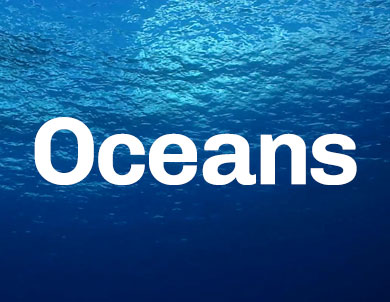Ocean acidification can negatively affect marine life, causing organisms' shells and skeletons made from calcium carbonate to dissolve. The more acidic the ocean, the faster the shells dissolve.
Animals that produce calcium carbonate structures, such as corals, sea urchins, sea snails and oysters, have to spend extra energy either repairing their damaged shells and exoskeletons or thickening them to survive.
Why is ocean acidification a problem?
By using energy to repair or thicken their shells, animals' abilities to grow and reproduce may be negatively affected. While some animals may be able to survive and reproduce in more acidic waters, they are likely to become smaller. This can have knock-on effects in the food chain, potentially impacting the other animals that rely on them for food, including whales and even people.
Research has also shown that single-celled organisms known as foraminifera struggle to build their shells in more acidic waters, with them now producing thinner structures.
The ocean is a major carbon sink. Animals with hard and calcareous skeletons, such as plankton, store carbon in their bodies. This makes even these tiny organisms important in the fight against climate change. But by dissolving their skeletons, ocean acidification could negatively affect this natural way of cutting carbon from the atmosphere.
Discover more about ocean acidification and its impacts.
